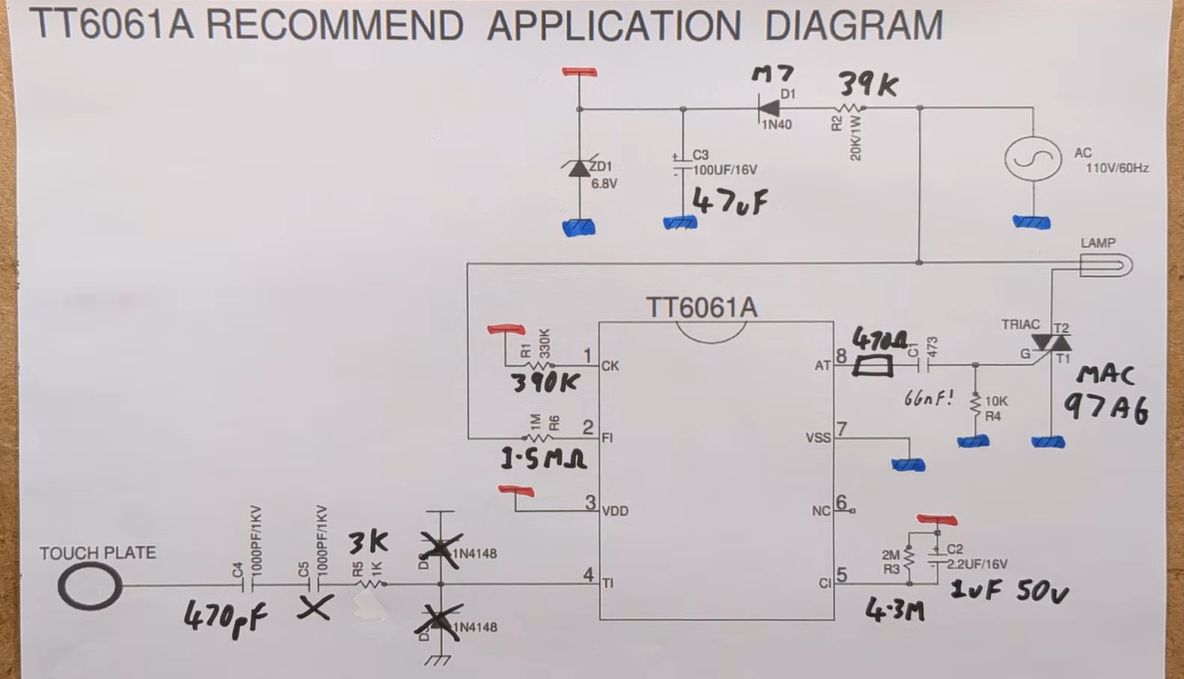10 Worst Computer Viruses of All Time
A courtroom photo of David L. Smith, the alleged creator of the Melissa virus.
Daniel Hulshizer/AFP/Getty Images
10: Melissa
In the spring of 1999, a man named David L. Smith created acomputer virus based on a Microsoft Word macro. He built the virus so that it could spread through e-mail messages. Smith named the virus "Melissa," saying that he named it after an exotic dancer from Florida [source: CNN].
Rather than shaking its moneymaker, the Melissa computer virus tempts recipients into opening a document with an e-mail message like "Here is that document you asked for, don't show it to anybody else." Once activated, the virus replicates itself and sends itself out to the top 50 people in the recipient's e-mail address book.
The virus spread rapidly after Smith unleashed it on the world. The United States federal government became very interested in Smith's work -- according to statements made by FBI officials to Congress, the Melissa virus "wreaked havoc on government and private sector networks" [source: FBI]. The increase in e-mail traffic forced some companies to discontinue e-mail programs until the virus was contained.
After a lengthy trial process, Smith lost his case and received a 20-month jail sentence. The court also fined Smith $5,000 and forbade him from accessing computer networks without court authorization [source:BBC]. Ultimately, the Melissa virus didn't cripple the Internet, but it was one of the first computer viruses to get the public's attention.
Flavors of Viruses
In this article, we'll look at several different kinds of computer viruses. Here's a quick guide to what we'll see:
- The general term computer virus usually covers programs that modify how a computer works (including damaging the computer) and can self-replicate. A true computer virus requires a host program to run properly -- Melissa used a Word document.
- A worm, on the other hand, doesn't require a host program. It's an application that can replicate itself and send itself through computer networks.
- Trojan horses are programs that claim to do one thing but really do another. Some might damage a victim's hard drive. Others can create a backdoor, allowing a remote user to access the victim's computer system.
Next, we'll look at a virus that had a sweet name but a nasty effect on its victims.









 I am Nishanth Singamala, a Software Engineer from India.
I am Nishanth Singamala, a Software Engineer from India. 
0 comments:
Comment here / Ask your Query !!